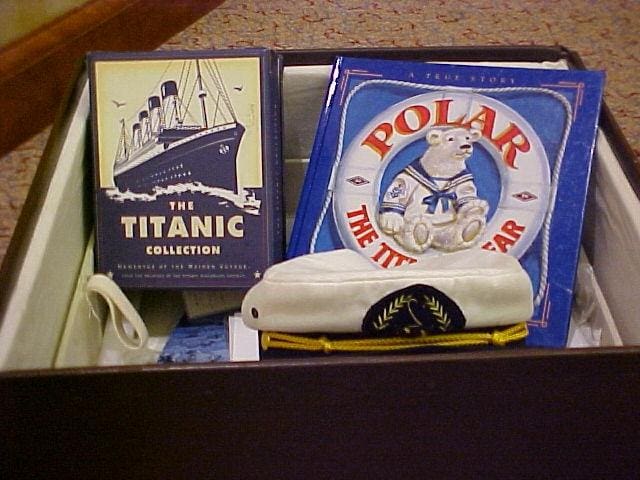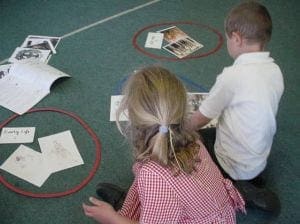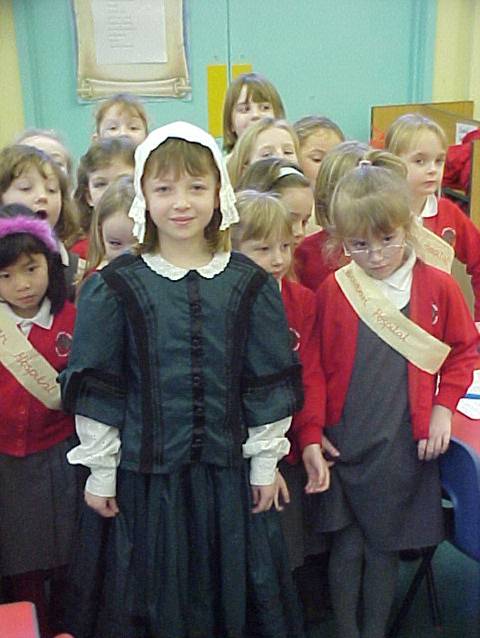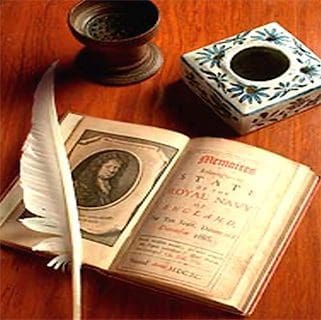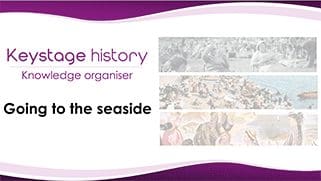
The most important changes in the way we teach this aspect of the KS1 curriculum are:
a. the need to link people through a theme, so that pupils make comparisons over time. For that reason we have added new people, for example Columbus to sit alongside work on explorers.
b. the switch to significant rather than famous, encourages you to look at different perspectives: significant to whom?
c. the changing context of Black Lives Matter and a more inclusive approach demands that we consider whether out choice of people to study is appropriate in today’s society.
Notwithstanding these more recent changes, the key principles remain and need reiterating.
1. Teach through historical concepts and not just content and chronology
You should be considering ideas to do with change, and consequence, prioritising work on motivation and the choices your selected person had at different stages in their life. Just finding out about

